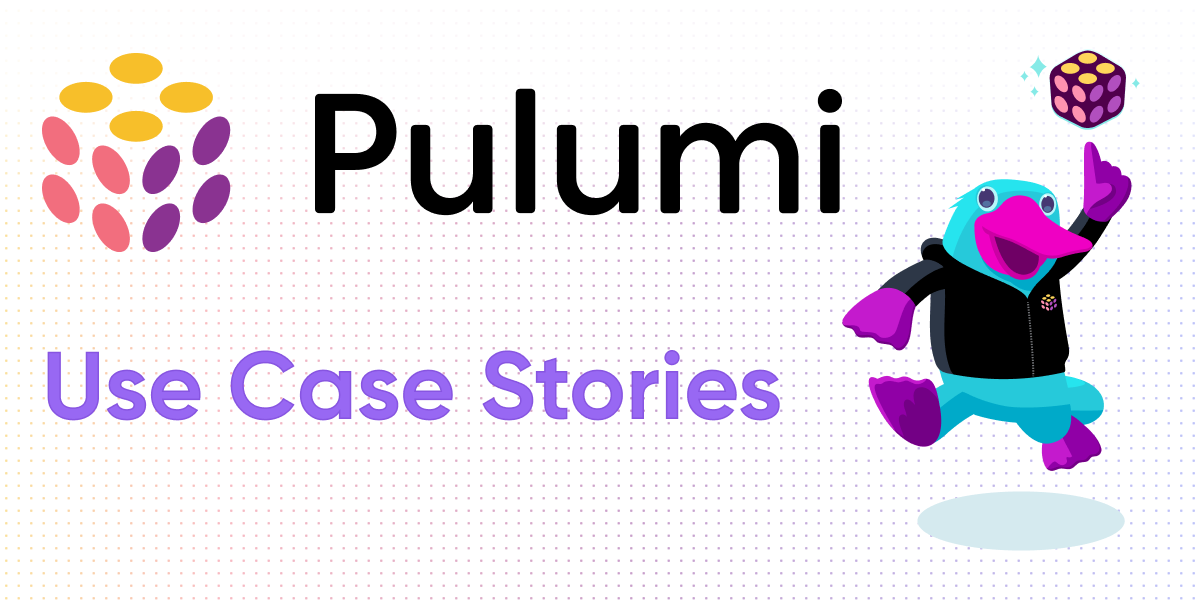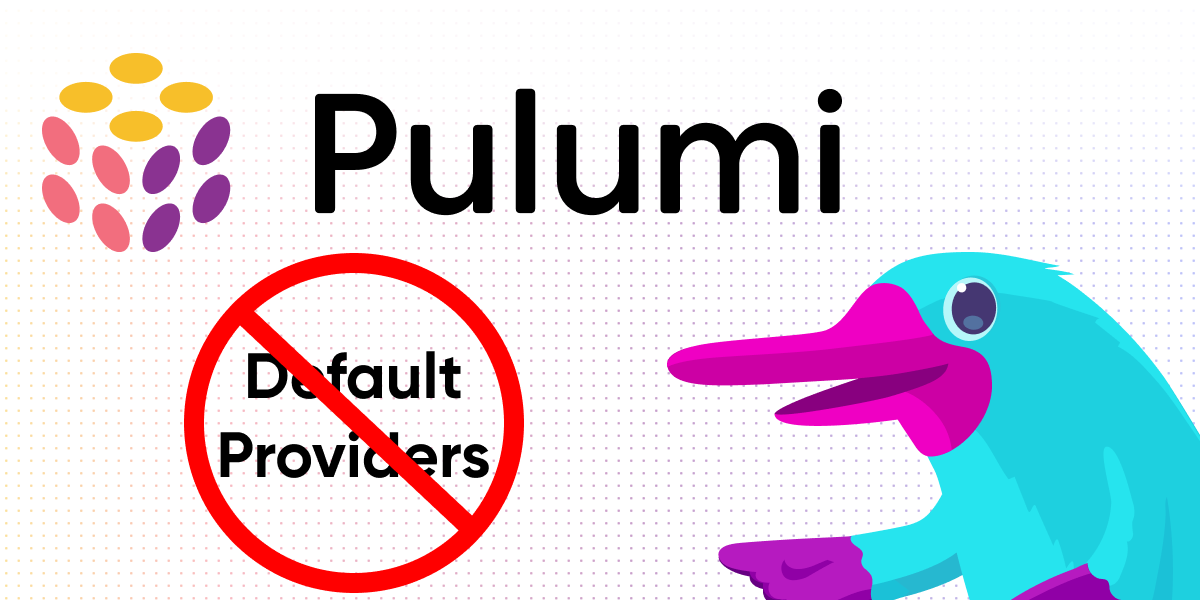
We recently updated this article to reflect that
parentTeamId of the
Team resource accepts a
string instead of an
int since v5.9.1 of the
Pulumi Github package.
Ah, GitHub. The home of all developers. The place where we share code. The world’s most awkward social media site. The secret LinkedIn for techies. The tool we use for company org structure, work planning, code ownership, and permissions…
Wait.
That’s quite a lot.
GitHub is good at many things, but a full-on organization management tool it is not.
Have you ever needed your manager to manually enable admin permission on a repo for you?
Or have you needed to page the CEO to add you to a team, because your manager was out that day?
Have you ever wondered who is on what team? Or which team owns a repo?
What if you change teams, or a team changes names? A reorg happens, and the “platform-integrations” team is no more, but we still need to call it that on GitHub because it is the team with all the repository accesses?
When I joined Pulumi in 2021, all of the above happened to me within my first few weeks.
We at Pulumi wanted to reduce this kind of management friction, and we decided to solve it the Pulumi way: with declarative infrastructure using the Pulumi GitHub provider.
Read more →
















